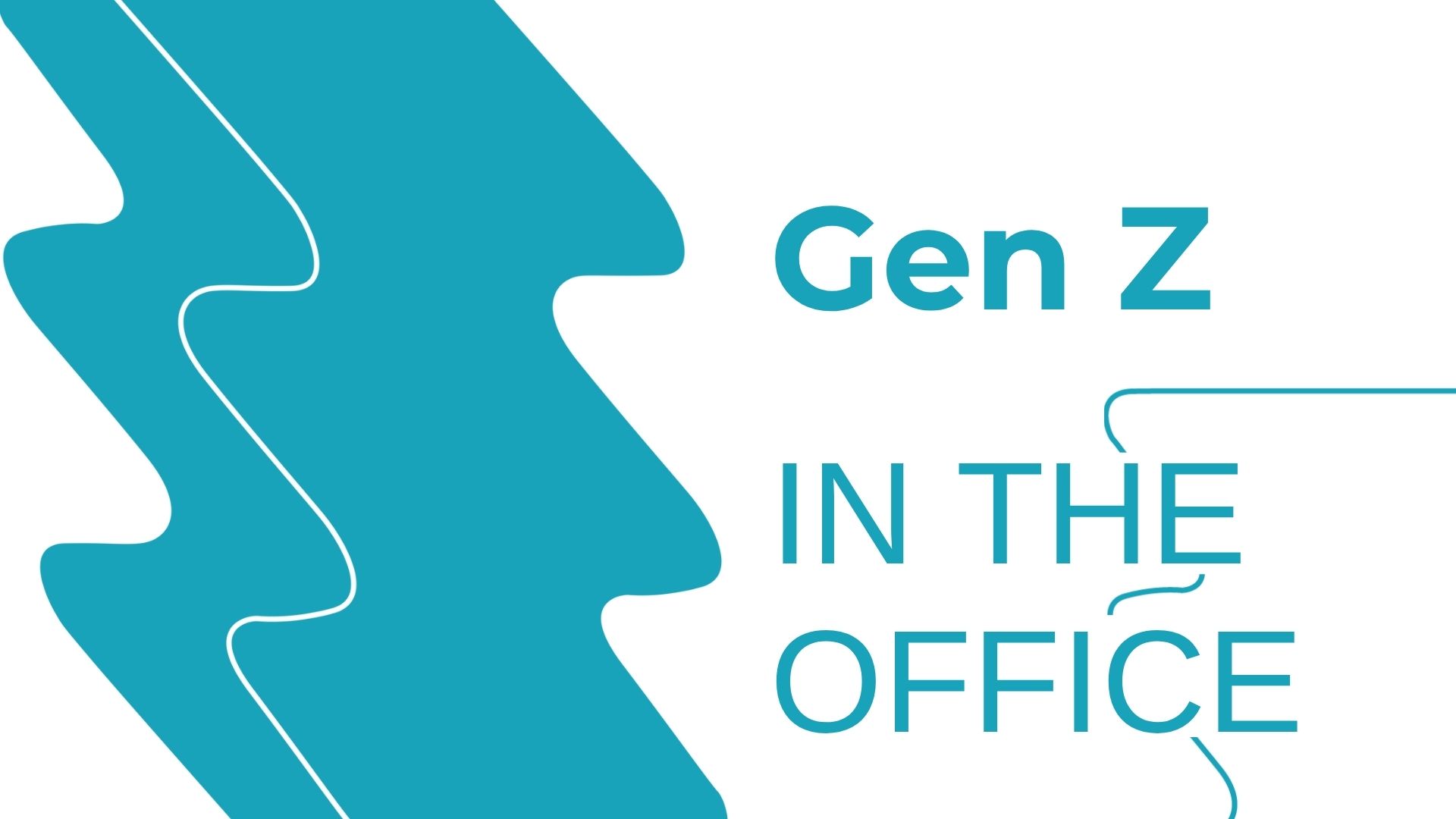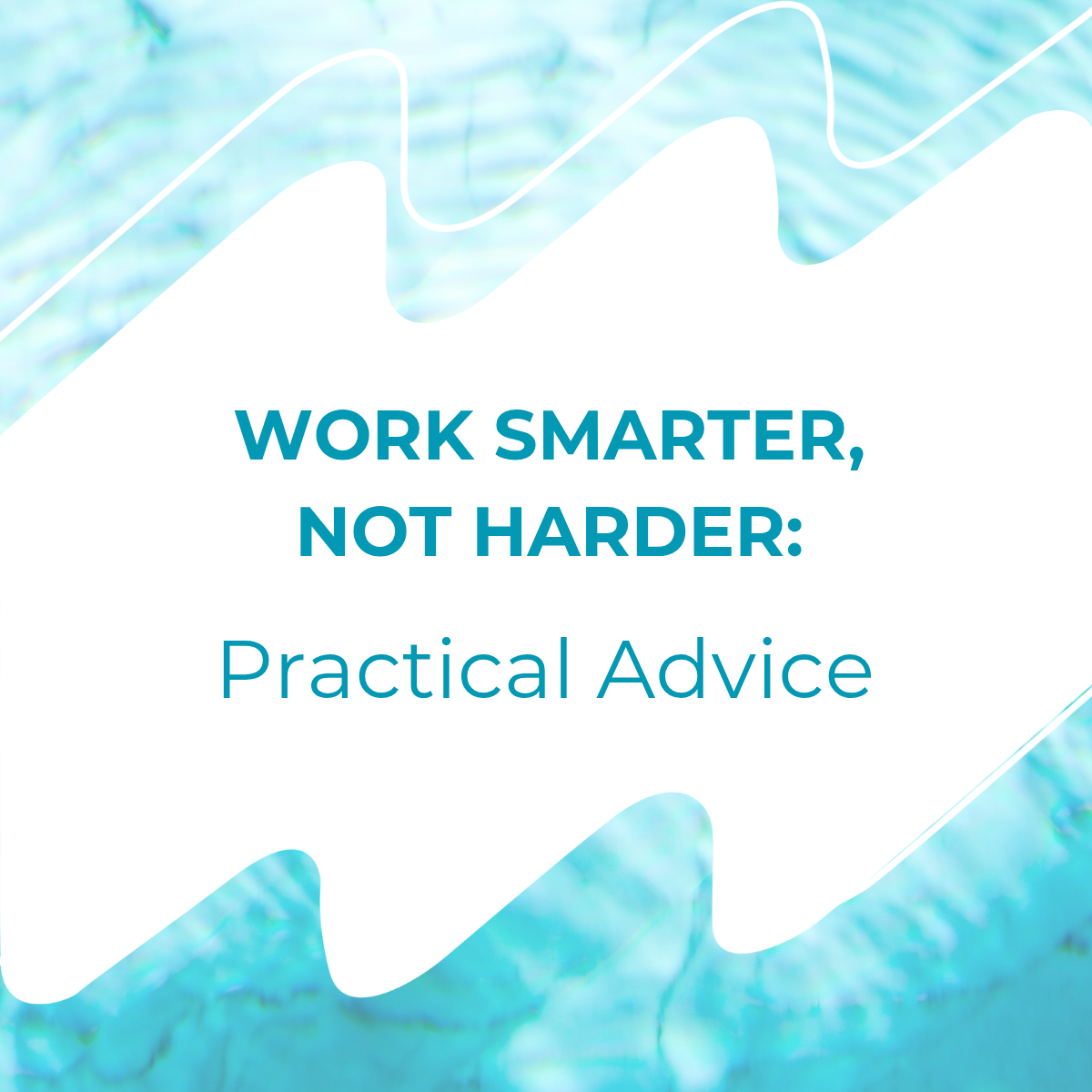
Latin American Universities as HR Tech and AI Incubators
Can the Region Become a Global Competency Hub?
By Zuzanna Ławrynowicz
Latin America is no longer just where you send work when the budget gets tight. It's showing up in serious industry conversations as a potential HR Tech and AI talent hub — and not ironically. The real question is whether the region's expanding investment in tech education will actually produce a stable talent pipeline capable of handling global HR and outsourcing projects, or whether it'll just produce a lot of impressive-looking CVs.
Key Takeaways
LATAM is rapidly expanding its STEM and technology programs. Universities like Universidad de São Paulo and Tecnológico de Monterrey are actively bridging academia and business. The region is building real foundations for HR Tech and AI — but a gap remains between holding a degree and being ready to function inside global organizational structures. Competency standardization is what separates a promising region from an actually reliable one.
Why Is LATAM Investing in STEM and AI?
Across Brazil, Mexico, Colombia, and Chile, STEM disciplines are gaining serious momentum. Programs now cover data science, machine learning, process automation, business analytics, and ERP and HRIS systems. This matters because modern HR is increasingly data- and technology-driven — which means "people person" as a job description is quietly becoming a liability. HR Tech in LATAM is no longer a niche. It's becoming a strategic segment.
Are LATAM Universities Producing Global HR-Ready Talent?
The short answer: partially. Which is a diplomatic way of saying: the foundations are solid, but the finish line is further than a diploma suggests.
Universities are building strong technical and analytical groundwork. Two standout examples:
Universidad de São Paulo
Strong research infrastructure and a genuine integration of engineering with process management.
Tecnológico de Monterrey
Project-based education model with active collaboration with international companies. Actual humans from industry, in the room. Novel concept.
Both approaches help close the gap between theory and practice. That said, global HR and payroll projects demand an additional layer of operational competency that academia alone doesn't consistently deliver.
What Is a Talent Pipeline in the Context of HR Tech LATAM?
A talent pipeline is a systematic, predictable source of professionals with:
- Technical skills
- Working knowledge of HRIS platforms like Workday and SuccessFactors
- Understanding of international compliance
- The ability to operate within KPI-managed structures without needing someone to explain what a KPI is
When it comes to HR outsourcing in Latin America, volume isn't the point. Consistent quality and genuine readiness for global frameworks are. Graduating a million people into uncertainty doesn't count.
Where Does the Skills Gap Show Up?
Despite rising STEM quality across the region, many companies flag a persistent disconnect between academic knowledge and operational readiness for international projects. Global HR teams need:
- Hands-on exposure to real process scenarios
- Reporting standards
- Distributed team structures
Not just the theoretical architecture of all three.
This gap isn't unique to LATAM. It exists everywhere. But for a region actively positioning itself as a competency hub, "it's a global problem" is a comfort, not a strategy.
Why Does Competency Standardization Make or Break Outsourcing?
In an outsourcing model — especially HR and payroll — clients need:
- Predictable quality
- Regulatory compliance
- Repeatable processes
- Fast onboarding
Surprises are only fun at birthday parties. This is why specialized industry academies are increasingly important: they fill in the practical and systemic layer that traditional education tends to skip.
Smart People Academy as an Operational Standardization Model
Smart People Academy is an example of a model that connects academic foundations with what the global HR market actually needs. The focus:
- Hands-on HRIS training
- Simulation of real payroll and HR operations
- Introduction to KPI-based work models
- Competency standardization aligned with international standards
In practice, this shortens onboarding time for international projects and makes team performance genuinely predictable — which, in outsourcing, is basically the whole game.
LATAM has the potential to become a global HR Tech hub. But potential is just a polite word for "not yet." The missing piece isn't talent — it's the systematic standardization of operational competency that turns academic output into something a global client can actually rely on.
Will LATAM Become a Global AI and HR Tech Hub?
Yes — under three conditions:
- Sustained STEM education quality
- Stronger university-business collaboration
- Real investment in operational competency standardization models
The demographics are there. The startup energy is there. The international exposure is growing. If these elements sync up, AI talent from Latin America could become one of the most valuable assets in the global labor market.
In a world where HR outsourcing is shifting from a cost strategy to a competency strategy, the quality and consistency of the talent pipeline will decide which regions matter — and which ones just almost made it.
Building Global-Ready HR Teams?
At Smart People, we bridge the gap between academic potential and operational readiness. Our teams don't just have degrees — they have the standardized competencies that global projects actually require.









